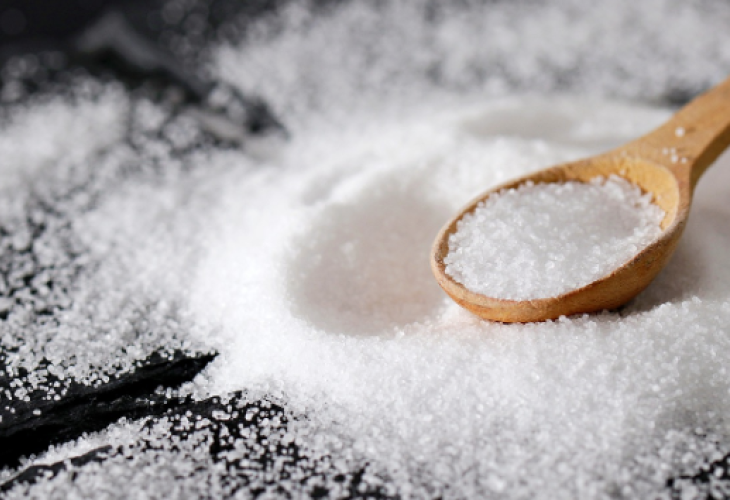What a Little Less Salt Can Do for Your Health
How reducing salt intake to one teaspoon a day can impact your health.

Our craving for salt often begins in the very early stages of life, influenced by habits we’ve picked up, even without realizing it (like those cucumber and tomato slices sprinkled with salt many kids get at school).
If we read more and raised our awareness about salt (or sodium), we’d understand that less really is more. Much, much more. Healthy adults should consume no more than one teaspoon of salt a day (which equals 2,300 mg of sodium), while children should have even less: 1,000 mg of sodium per day.
The problem with these health guidelines is that at some point in our lives, we've stopped listening to them. So maybe in our twenties, it doesn't bother us much if we add a little extra salt to our veggies (sorry, at least I’m eating salad). But with age, adhering to these guidelines becomes tougher.
Despite the health ministry’s recommendations to reduce daily sodium intake, most processed food doesn’t allow us to restrict ourselves to just a teaspoon of salt a day. In fact, most of us consume at least 4,000 mg of sodium daily, if not more. Much more.
So what can be done? Simply eliminate products high in sodium and salt our food less. The result? Improved heart health, better blood pressure management, reduced risk of heart disease and vascular conditions, avoidance of high blood pressure—a risk significantly increased by salt—maintaining fluid balance in our body's cells, and more.
What will happen within just the first week if you reduce salt to just one teaspoon per day, as recommended for a healthy adult?
Here are a few things you should just memorize and keep in mind:
1. High salt intake is linked to water retention, so reducing it can lead to a decrease in swelling caused by excess water.
2. High salt consumption is associated with elevated blood pressure in some individuals. By cutting back on salt, you might be able to lower your blood pressure levels.
3. Cutting down on salt intake can positively affect heart and vascular health, as high blood pressure is a risk factor for heart disease and strokes.
4. Excessive salt consumption can stress the kidneys, leading to kidney problems. By reducing salt, you might protect your kidney function. However, it's important to note that salt is an essential nutrient and should not be completely eliminated from your diet.

